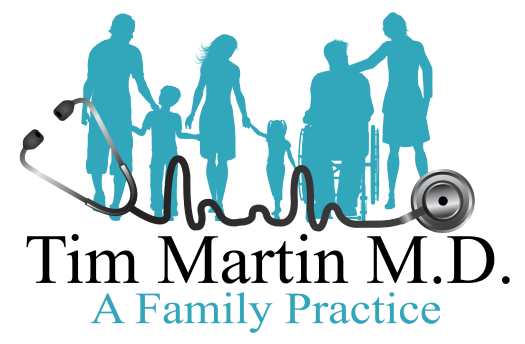Proteins have a huge impact on nutrition. Nutrition is a huge factor in your overall health. Giving your body the right fuel at the right time of day impacts your weight, your energy level, and your immunity. With so much information out there, it’s hard to boil it down to the basics. And busy people want some simple steps to build a nutritious diet and a healthy lifestyle.
So, let’s focus on an important building block for your body as the foundation of your balanced diet: Protein.
Start Your Day with Proteins
To determine the amount of protein you should consume every day to get the maximum benefits, you can calculate it based on your Lean Body Mass (LBM). This is the amount of weight that is not fat.
Determine your body fat percentage using the Lean Body Fat calculator available from VeryWellFit.com. It’s about halfway down this page.
1. Determine your body fat percentage using the Lean Body Fat calculator available from VeryWellFit.com. It’s about halfway down this page.
2. Calculate your total body fat in pounds. Multiply your body weight by the body fat percentage. For example, if you weigh 150 pounds and your fat percentage is 30 then 45 of those pounds would be fat (150 x 30% = 45)
3. To calculate lean body mass. Subtract your body fat weight from your total body weight. Using the same example, the lean body mass would be 105 (150 – 45 = 105).
4. Now multiply your LBM by your activity level.
-Sedentary (generally physically inactive): multiply by 0.5
-Light activity (includes walking or gardening): multiply by 0.6
-Moderate (30 minutes of moderate activity, three times a week): multiply by 0.7
-Active (one hour of exercise, five times weekly): multiply by 0.8
-Very active (10 to 20 hours of exercise weekly): multiply by 0.9
-Athlete (over 20 hours of exercise weekly): multiply by 1.0
I recommend eating protein at breakfast. Here’s why:
-Research shows that of all the food you eat, protein will make you feel less hungry with smaller amounts of food. ——Eating protein will also help minimize cravings for snacking throughout the day. Protein also has been shown to boost metabolism and fat-burning capabilities. Why? One reason is that protein reduces our hunger hormones.
Guess what these benefits contribute to? A healthy weight! Don’t skip the protein if you are trying to lose pounds.
Protein builds muscle mass and strength. Don’t you want some muscle fuel before or after your morning workout? Protein also helps the body heal itself. Studies have shown that eating protein after an injury accelerates the repair process. Protein intake also slows down age-related deterioration.
Right-Size Your Protein Intake
This final number is the amount of protein you should aim to consume in your daily diet.
Protein – Packing Tips
Now you know you want to eat more protein and you know how much protein to eat. Here are some food recommendations to help you pack in the protein every day.
Favorite Breakfast Proteins
-Eggs (hard boiled or scrambled—you can skip butter or oil when prepared this way)
-Peanut butter on apples
-Turkey sausage (but don’t fry it!)
Lunch or Dinner Proteins
-Hummus with vegetables
-Rice and beans
-Baked fish or chicken
-Tofu
-Meal Replacements:
-MITO Core Protein Blend (us.fullscript.com/welcome/drtimmartin)
-Premier Protein drinks
Have a little more baked fish or chicken and a little less rice or potatoes for dinner to add more protein without feeling deprived of carbs. You can also add protein powder to your oatmeal or yogurt, to a smoothie, add it to a muffin mix or find other ways to “hide” protein in your food.
Finally, let me dispel some misinformation about protein. Eating protein is not bad for your bones and it is not bad for your kidneys unless you have kidney disease and are directed to follow a low-protein diet. Unless you are eating five steaks a day (and then you have other problems), it is highly unlikely you will get too much protein from eating protein-rich foods. But everything in moderation.
Protein-rich foods are accessible, affordable and delicious, and it’s not hard to find ways to incorporate them into your daily menu. If you want to start your wellness journey, check out my LifeLong Lifestyle program.
Live long, Live well
Tim Martin, M.D.
Sources:
https://www.healthline.com/nutrition/10-reasons-to-eat-more-protein
https://www.verywellfit.com/how-to-calculate-how-much-protein-you-need-3955709
https://www.mensjournal.com/food-drink/13-negative-side-effects-not-getting-enough-protein/
